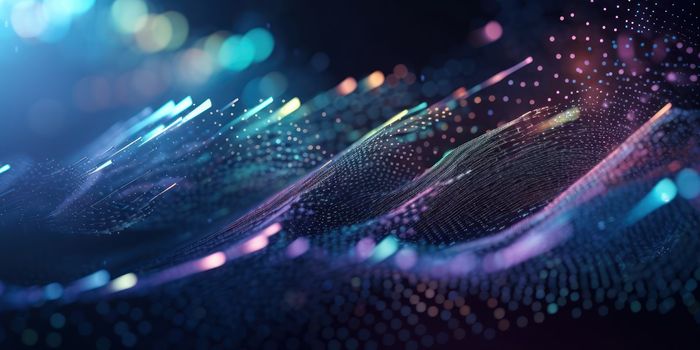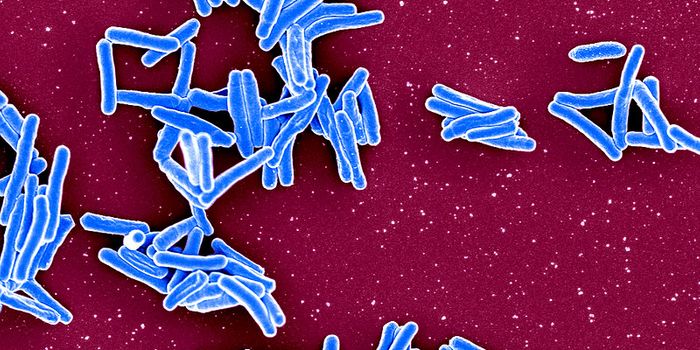AI Accurately Reads Mammograms
In the medical field, artificial intelligence continues to prove itself as a powerful tool to improve the delivery of healthcare for patients. From helping researchers identify and develop compounds that could be the next new drug and predicting drugs that are likely to be successful in clinical trials to improve clinical decision making, artificial intelligence has shown in countless studies that it is becoming a central part of the delivery of care.
In a new study conducted by researchers at the University of Nottingham in the United Kingdom, researchers have compared how well artificial intelligence can analyze mammogram scans compared to human clinician readings, with promising results. The study results is are published in a recent article in Radiology.
Mammogram scans are a vital diagnostic tool that can help with the detection of various types of breast cancer. However, using a mammogram to detect cancer isn’t; always successful. For example, a false-positive mammogram could lead to a person to be subjected to additional imaging and invasive biopsies. Having a second read of a mammogram scan could help overcome some of these problems, but this is a labor-intensive process that can take time.
These are precisely the kinds of problems researchers are looking to AI more and more to help solve. According to the study published in Radiology, researchers used a type of test from the Personal Performance in Mammographic Screening, or PERFORMS. The goal was to compare how well human readers could review a scan compared to AI. A PERFORM test includes scans that show abnormalities as well as benign and normal readings for AI and humans to detect. Overall, researchers had over 500 radiology and non-radiology professionals review the images.
Findings from the study suggest that both AI and clinicians performed comparably, with humans achieving a mean 76% specificity. By comparison, AI achieved a 77% specificity, underscoring that AI remains a powerful tool to help clinicians and patients.
Sources: Science Daily; Radiology








